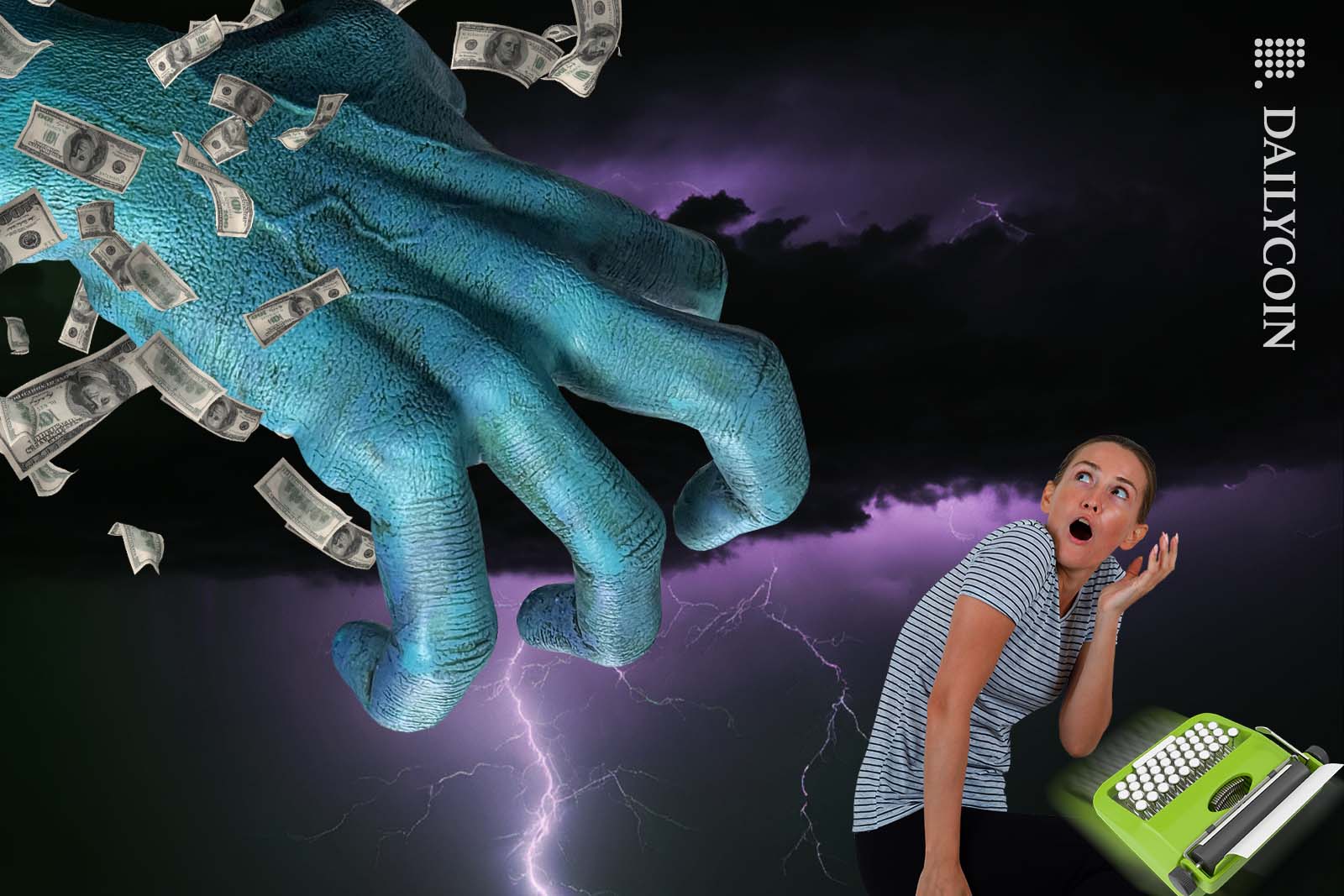
In the fast-changing landscape of cryptocurrency, Web3 media outlets play a pivotal role in shaping perspectives, disseminating information, and spearheading adoption. CoinDesk and The Block have long stood as beacons of credibility in this dynamic industry, guiding millions through the daily labyrinth of crypto complexities. This week, news broke about both these companies being acquired – one by an exchange platform and another by a venture fund – which is reason enough to spark cautious enthusiasm within the community.
CoinDesk and The Block, renowned for upholding robust journalistic standards, have earned trust through their commitment to delivering credible news. CoinDesk, in fact, was the publication that blew the lid on the whole FTX scandal, demonstrating how rigorous they are at covering the news.
They’ve navigated through the murky waters of crypto journalism, which can often be populated by pseudo-Web3 news sites that are nothing more than repeaters of the news and costly PR Operations. Yet, their credibility could be diluted quickly.
Media Faces Significant Challenges
Despite their great reputation, however, it has been a tough year for both. In March, The Block fired a third of its employees following a leadership shakeup, and four months later, in August, CoinDesk fired 45% of its editorial staff as its parent company, Digital Currency Group, planned to bring on strategic investors.
Sponsored
The recent acquisitions — The Block by Foresight Ventures and CoinDesk by Bullish from Digital Currency Group — signify a transformative phase for these influential news platforms. The goal to expand globally, delve into new markets, and bolster their media, events, and indexing businesses resonates with the growing importance of crypto on a global scale.
Yet, amid this promising transition, two significant challenges loom over the horizon.
Monetisation Remains Elusive
The first is that monetisation remains a perpetual hurdle for media, both in the traditional and crypto spheres. While subscription models show promise, the expectation of free news consumption persists. Recent cautionary tales from media powerhouses Vice and Vox highlight the consequences when news outlets struggle to monetise their business models. Both experienced setbacks as funding from investors dried up, underscoring the critical importance of sustainable revenue streams in the media industry, but finding a viable business model continues to be elusive.
Sponsored
News subscriptions continue to be the most important digital revenue stream for publishers around the world (even more than advertising), and while they seem to be growing, customer retention is proving to be a challenging task. To many publishers, a cash injection is the only thing that can keep their operations afloat for now.
Proving Editorial Independence Can Be Challenging
The second is maintaining editorial independence amid ownership transitions. This is crucial. Despite assurances from Bullish CEO Tom Farley regarding CoinDesk’s commitment to journalistic integrity, scepticism lingers in an era of declining trust in the media. The precedence set by Jeff Bezos’s acquisition of The Washington Post, where the newspaper regularly criticised its owner, offers hope. However, in an age where a single misstep can shatter credibility, actions will need to substantiate promises.
The convergence of these challenges presents a critical juncture for these crypto media giants. Their potential for growth is immense, but the path forward demands a delicate balance between profitability and preserving journalistic integrity: presenting the facts, avoiding misinformation and prioritizing the best interest of their readers. The promise of expansion is very attractive, but success will hinge on upholding journalistic standards, embracing sustainable monetisation strategies, and safeguarding editorial autonomy.
The journey ahead is uncertain, but it’s also ripe with opportunities to redefine and fortify the role of crypto media in shaping the narrative of the Web3 age. These acquisitions are not just a test of expansion but of also upholding the journalistic ethos that earned them their standing in the first place.

